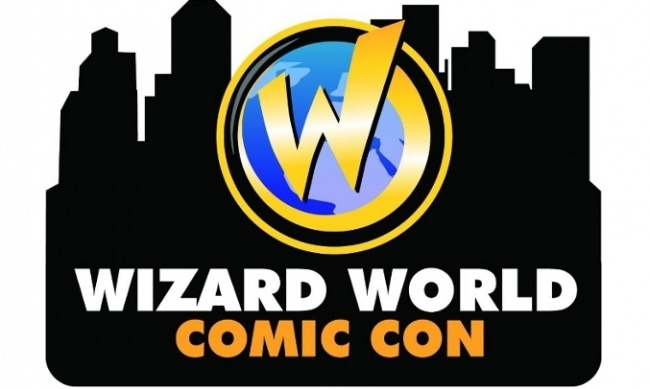While con organizer Wizard Entertainment was able to cut its losses in Q3 2018, a $448,000 loss on declining revenues per show put its balance sheet into an even weaker position.
Sales were down 15% to $4.47 million for the quarter from $5.23 million in the same quarter a year ago. The company nearly broke even on an operating basis, generating an operating loss of only $4,203, a big improvement from the $1.28 million operating loss in Q3 2017. But after adding in the company’s interest cost, the loss was $448,000 for the quarter.
Underlying metrics were weak. Revenue dropped on a larger number of shows; there was a big drop in revenue per show from $1.31 million per show in 2017 to $894,000 per show in 2018. Wizard put on five shows in Q3 2018, up from four in 2017, but is now saying it will operate 13 shows in 2018, down from the 14 it originally planned (see "Wizard World Lost $5.73 Million in 2017"). It attributed the lower revenues per show to the fact that two of the five shows in the period were small market shows; it didn’t say how many of its shows were small-market shows in Q3 2017.
Ballooning interest costs on the company’s debt are a growing problem: the company spent $443,000 in interest in Q3, up from $112,000 in the same quarter a year ago. The balance on the related party note was $1.77 million at the end of the quarter, which would make $443,000 in interest an effective 100% annual interest rate, we assume due to the conversion or other equity provisions of the debt. That’s pretty fast digging on the hole for the company.
While the company passed its going concern analysis by noting cost-cutting efforts and that it could borrow more money from management or board members if needed to cover losses, the losses’ impact on the balance sheet is relentless. After a profit in Q1, with the Q2 (see "Wizard World Lost $505 in Q2") and Q3 losses, the company had a $4.2 million negative net worth at the end of Q3, a lot worse than the $3.4 million negative net worth at the end of last year. It had cash and working capital deficits of $2.2 million and $4.3 million, respectively.
Converting some debt to equity would improve the balance sheet, but the key is turning to profitability, and although the company had showed some improvement in revenue per show on lower costs early in the year, Q3 was a move in the opposite direction. Wizard will have to get its show revenues back up to turn the company around.

$448K Loss in Q3
Posted by Milton Griepp on November 15, 2018 @ 10:21 pm CT



